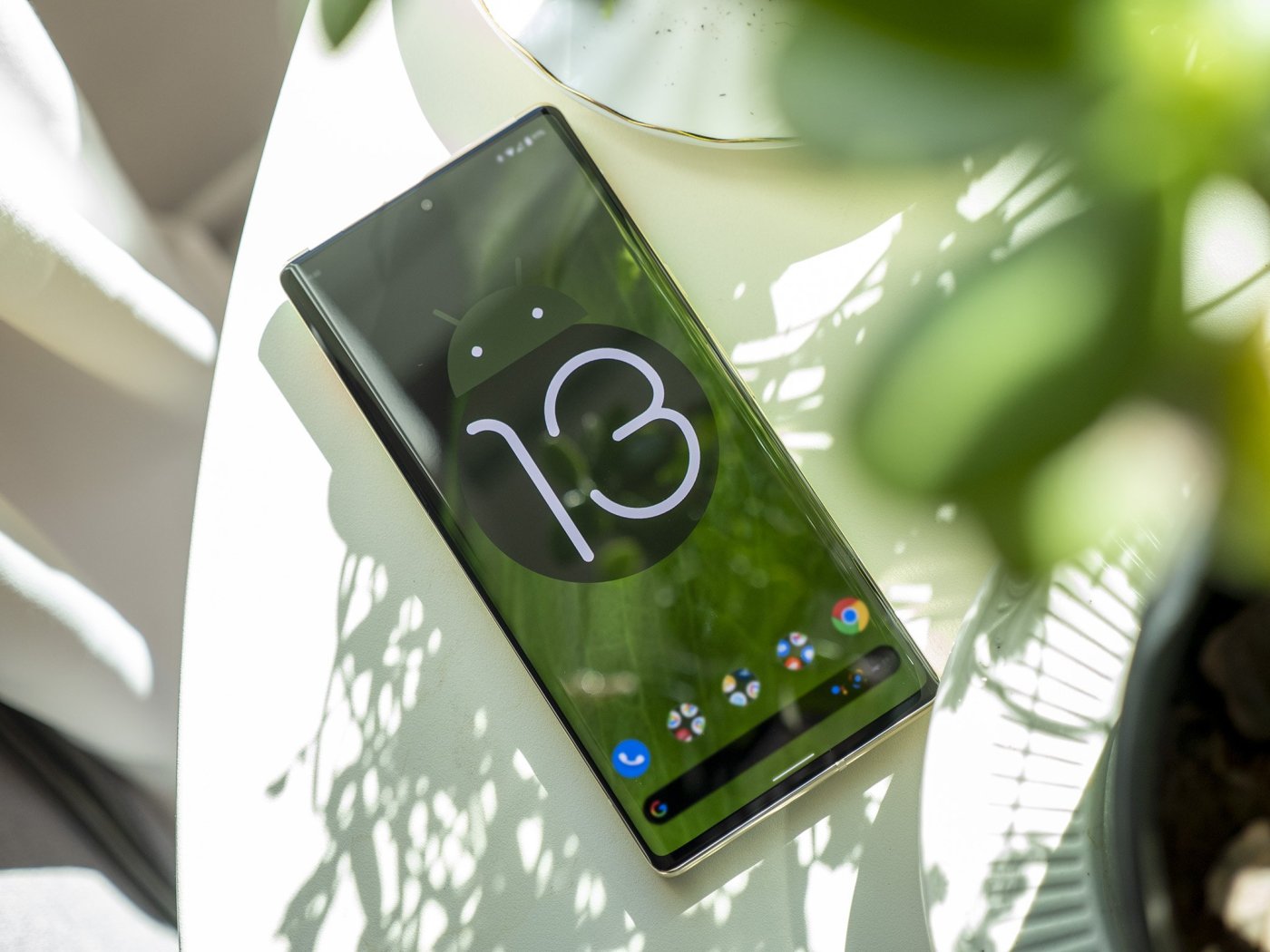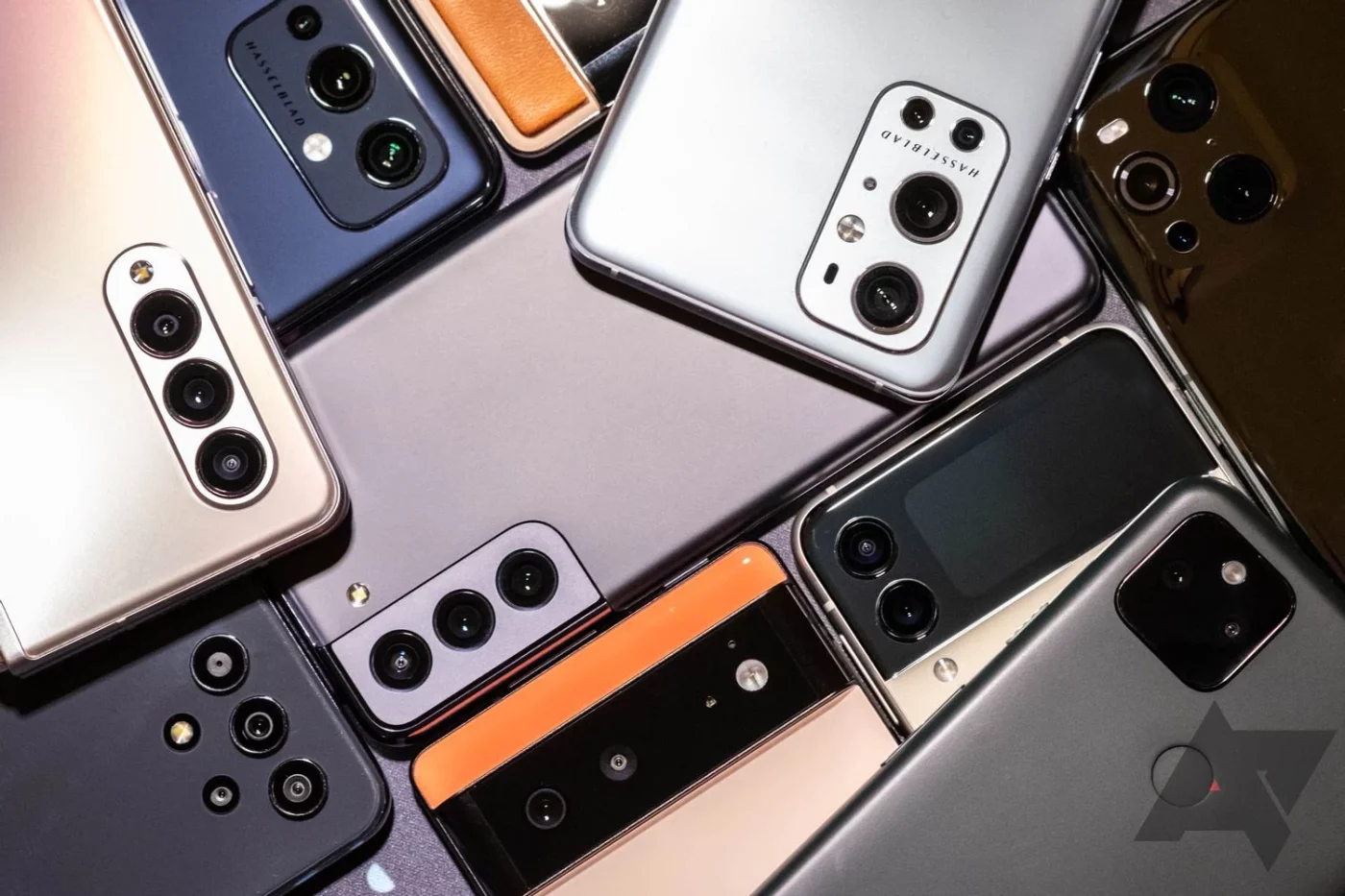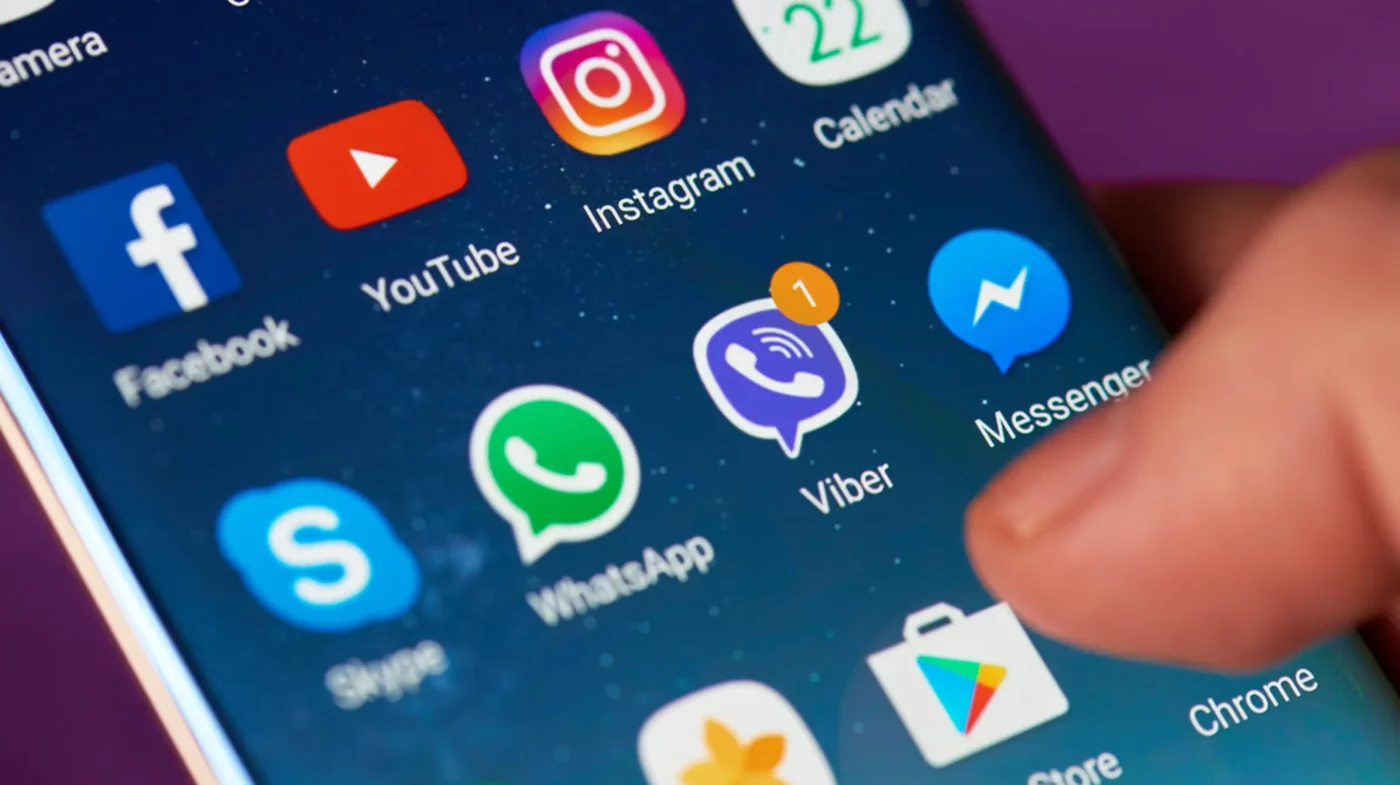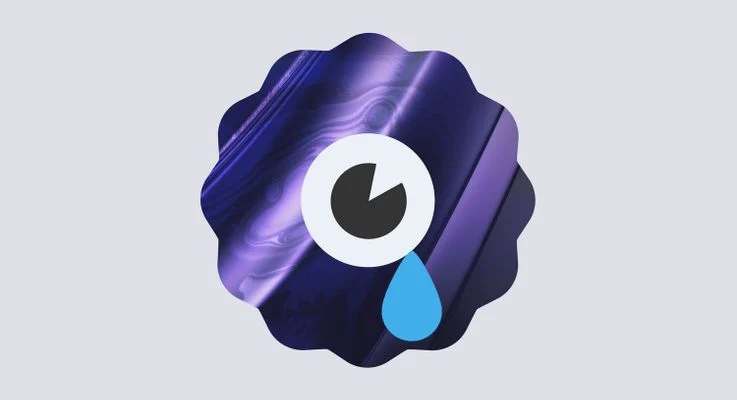Google has been working on new methods for managing smartphone memory for some time.
This is the thirteenth and future major release of Android, created by the Open Handset Alliance (OHA) led by Google, and it will be called Android 13. Preliminary versions were originally made available on February 10, 2022. On March 17th, 2022, the second developer preview was made available.
Updates to the main Android 12L version, as well as privacy and security improvements and UI enhancements, are the primary goals of the current Android 13 previews.
To further protect user privacy, a new photo selector has been created. There aren’t many applications that use this picker currently. A new permission level, NEARBY WIFI DEVICES, is established in this similar vein of privacy. When using Wi-Fi-related features like looking for nearby devices and networks, this permission eliminates the need to provide access to location data, as was the case in previous Android versions. Before they can send notifications, apps must now ask for permission.
All of us have been frustrated by Android’s habit of deleting background apps, no matter how much RAM is put into our devices by the makers. While it might mean reopening Spotify or Twitter, in other circumstances, you could lose all of your previously stored data. Google may finally be ready to enhance background task management with an impending patch to Android that is presently being tested.
In the latest Android Gerrit commit, XDA Developers discovered several modifications the business has been working on for Chrome OS. MGLRU, or “Multi-Generational Least Recently Used,” is a policy that Google is aiming to introduce on Android. The business has now integrated it into Android 13’s kernel, possibly allowing it to be made available to a far larger number of smartphone owners after originally handing it out to millions of Chrome OS users.
By shutting down the least-used applications on a smartphone, MGLRU can help Android run more efficiently. This type of memory management has previously been tested on nearly a million Android devices, according to an archived Linux entry by a senior Google software developer in January, however, XDA points out that the statistics likely refer to the Android Runtime on Chrome OS, not smartphones.
When looking at the 75th percentile, Google’s fleet-wide profiling reveals a 40% reduction in kswapd CPU consumption, along with an 85% reduction in low memory removals and an 18% reduction in rendering time. Other UX metrics improved as well.
Lower kswapd consumption should result in better CPU performance for all devices, from entry-level to the flagship, but the low memory kills statistics are particularly exciting to us. It’s conceivable that this update won’t appear in Android 13, but it’s being planned for a future release of the operating system. When the Android 13 beta is released, we may be able to test out a second Gerrit commit that indicates that MGLRU can be enabled via ADB instructions.
Always be Updated with us visit GeeksULTD for Real-time Updates







